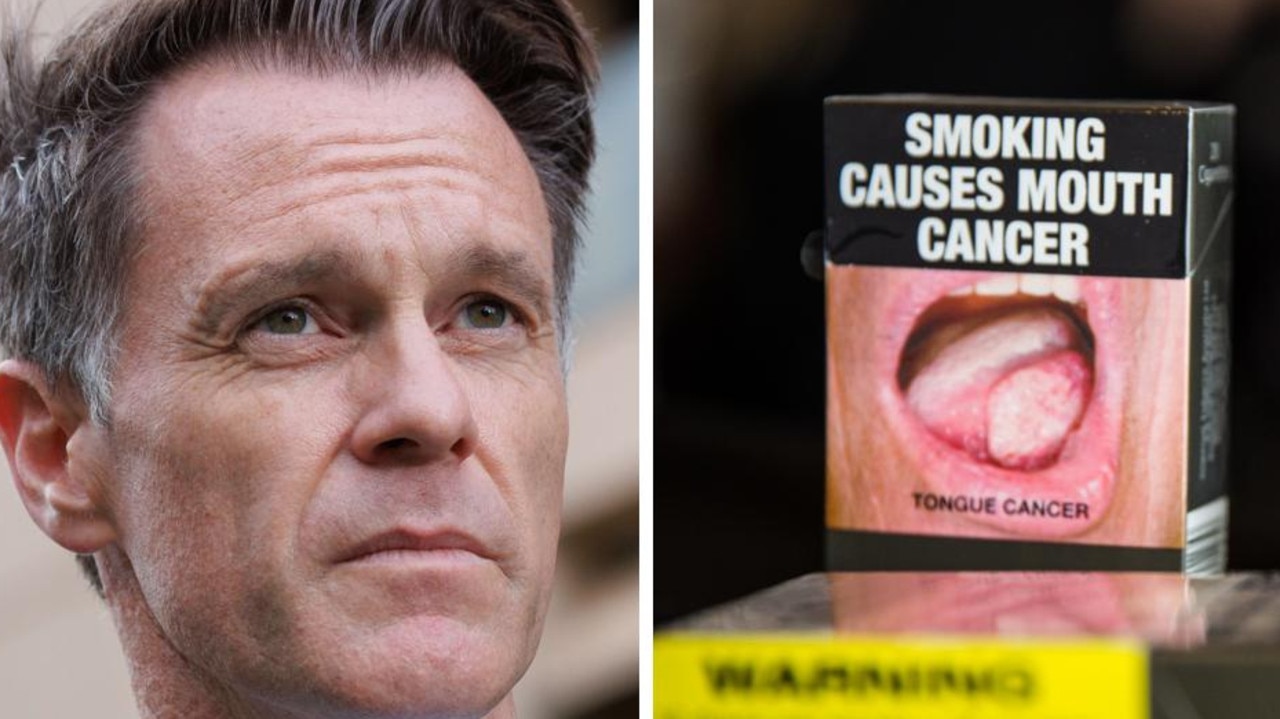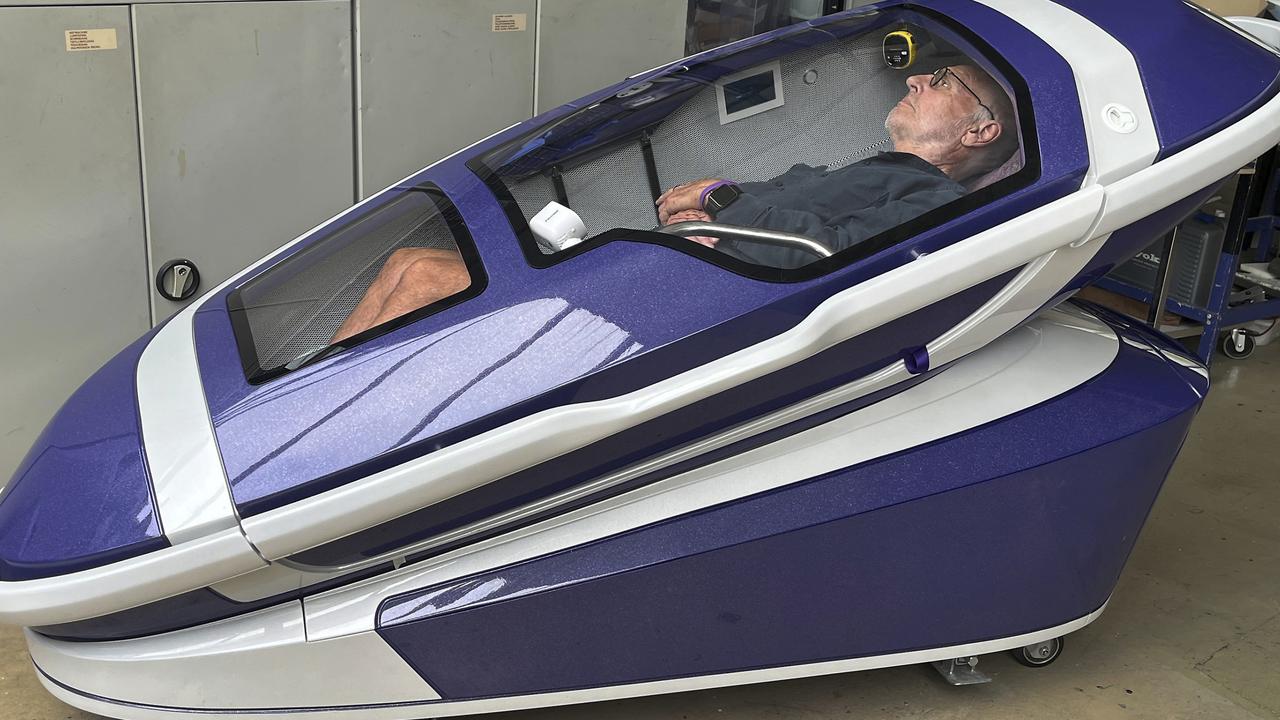Infection rates soar: Is your child eligible for RSV jab?
A postcode lottery affecting the rollout of a lifesaving new childhood vaccine may be coming to an end. Find out which states offer the jab.

Health
Don't miss out on the headlines from Health. Followed categories will be added to My News.
A postcode lottery affecting the rollout of a lifesaving new childhood vaccine for the Respiratory Syncytial Virus infection could come to an end next month.
The Pharmaceutical Benefits Advisory Committee (PBAC), a government committee which decides which medicines are subsidised, will consider whether to fund pharmaceutical company Sanofi Aventis’ RSV immunisation Beyfortus in July.
Currently only two states fund the jab for all newborns.
It comes as we can reveal at the start of winter, Australia has already recorded 45,120 cases of RSV in babies – 69 per cent of the total number of RSV cases in 2023.
The common cold-like virus is the number one reason small children are hospitalised and it has claimed the lives of more than 21 preschoolers in the last decade.
Nearly 12,000 Australian babies are likely to be hospitalised with the virus this year at a cost of nearly $200 million.
The immunisation treatment was approved for use in Australia last November but the federal government has not yet funded the $350-per-jab medicine.
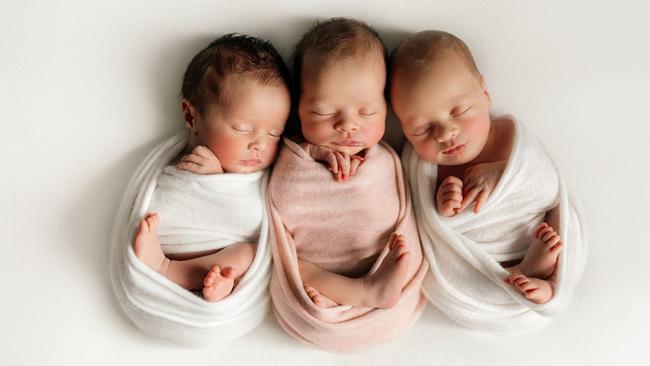
Two states – Queensland and Western Australia – decided to fund it themselves it in anticipation of saving millions of dollars by keeping sick babies out of hospital.
In NSW, babies only receive the immunisation if they were born premature, were indigenous or were born with a chronic condition.
Victoria rejected an approach by Sanofi to place an order for the new drug and only high-risk children in hospital can receive it in that state.
In South Australia, Tasmania, the ACT or the Northern Territory, there is no RSV immunisation available.
So parents of young children face a postcode lottery if they want their kids jabbed.
The injection is given to babies at birth and provides protection against the virus for at least five months.
It generates immunity by delivering antibodies to the virus into the body.
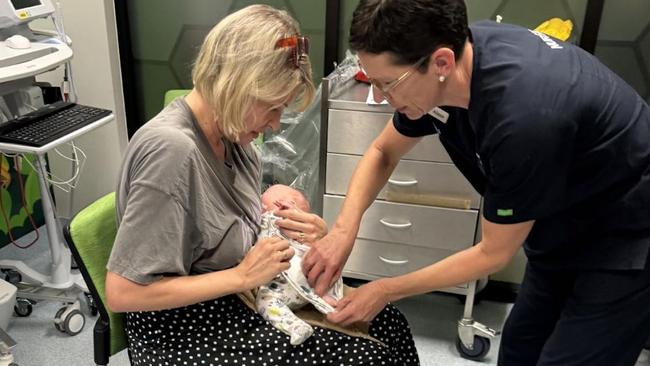
Carly Goya knows first hand the desperation of losing a beloved child to a respiratory infection and is pleading with politicians to roll out a national RSV immunisation plan.
The Queensland mum lost her six-month-old baby Mabel to another respiratory infection –pneumococcal disease – in 2021.
“She got a strain that wasn’t covered in the (pneumococcal) vaccine. And she got really, really sick and unfortunately we lost her when she was six and a half months old,” Ms Goya said.
Two weeks ago, her three newborn triplets were immunised against RSV because “we will do everything possible to protect them from getting sick or ending up in hospital – especially when they are so young and vulnerable”.
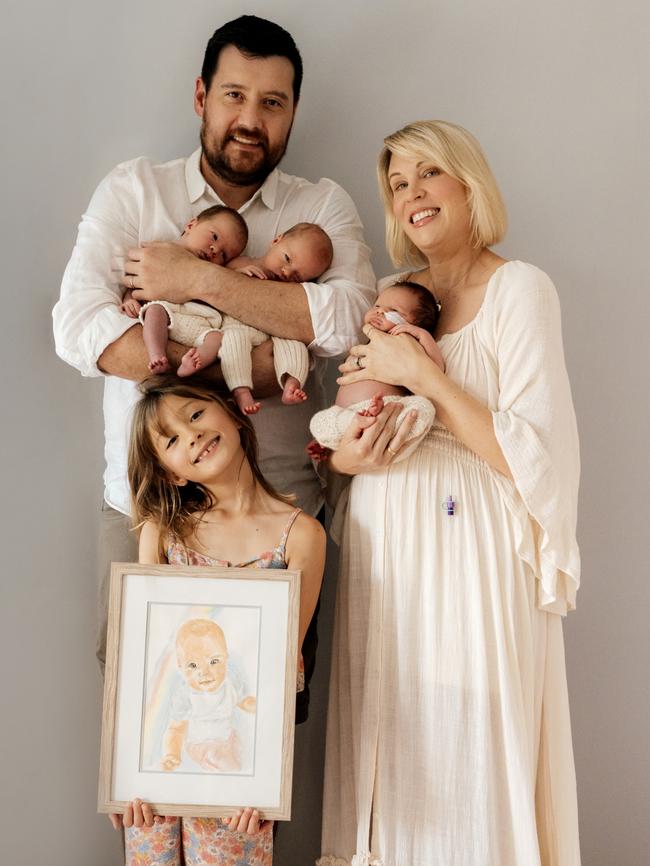
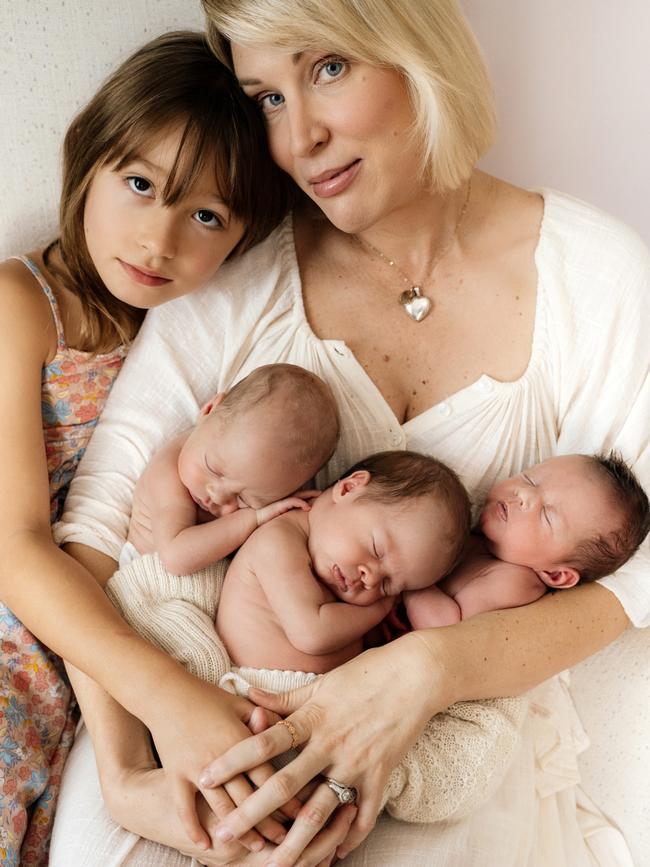
But if Ms Goya lived in another state, she wouldn’t have been able to protect her children.
“Childhood immunisation and infant immunisations should be funded by the government, otherwise it leaves a large proportion of people potentially unable to afford it,” Ms Goya said.
“Before the RVS immunisation was funded, I’d looked into if I could do it privately and I couldn’t even do that.”
Immunisation Foundation of Australia founder Catherine Hughes, whose three-week-old daughter was hospitalised with severe RSV in 2016, 18 months after the death of her son Riley from whooping cough, said nationwide access to RSV immunisation was essential.
Since Europe and the US rolled out the jabs, childhood RSV hospitalisations have dropped 80-90 per cent.
“It’s not sustainable to have infant immunisation programs in some states and not others, nor to ask older Australians to pay hundreds of dollars each year for RSV protection,” Ms Hughes said.
The national funding of Beyfortus is not guaranteed and, even if a subsidy is approved, it could be a year or more before funding is secured through a complex bureaucratic process.
WHEN TO GO TO HOSPITAL
In most cases RSV is mild, with symptoms similar to a cold.
However, some children develop severe RSV and require medical attention for lung infections such as bronchiolitis and pneumonia.
The signs of severe RSV in young children include:
- Difficulty breathing
- Not eating or drinking
- Exhaustion
- And a fever
Also be alert for:
- Short, shallow and rapid breathing, where the child’s chest caves in between and under the ribs or the lower neck
- Up and down head movements or grunting with each breath
- Flared nostrils and wheezing
- And in some cases even a blue tint on their lips, fingernails or around their eyes.
More Coverage
Originally published as Infection rates soar: Is your child eligible for RSV jab?




